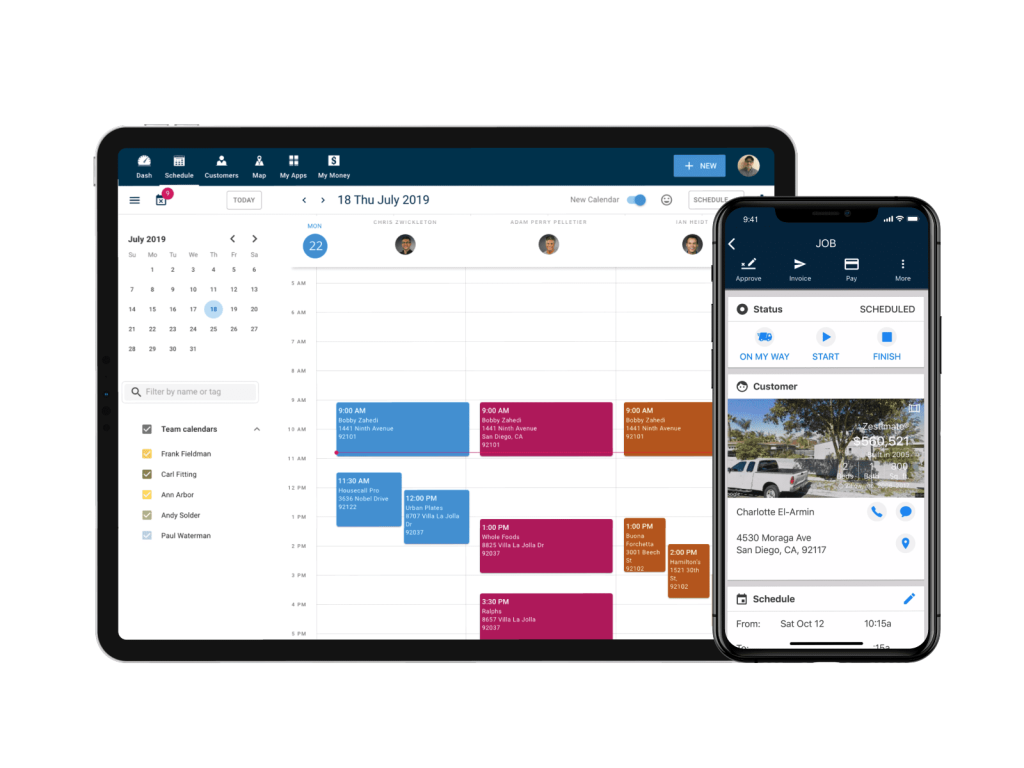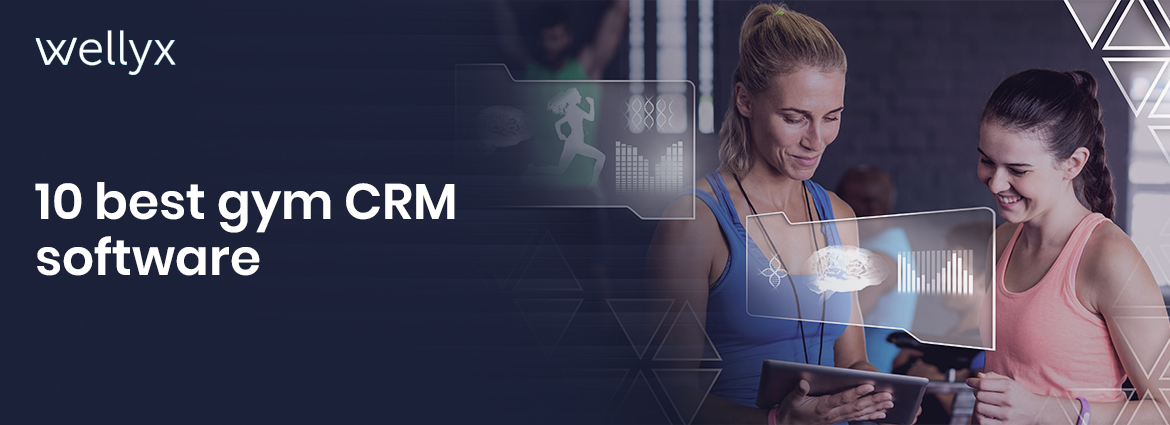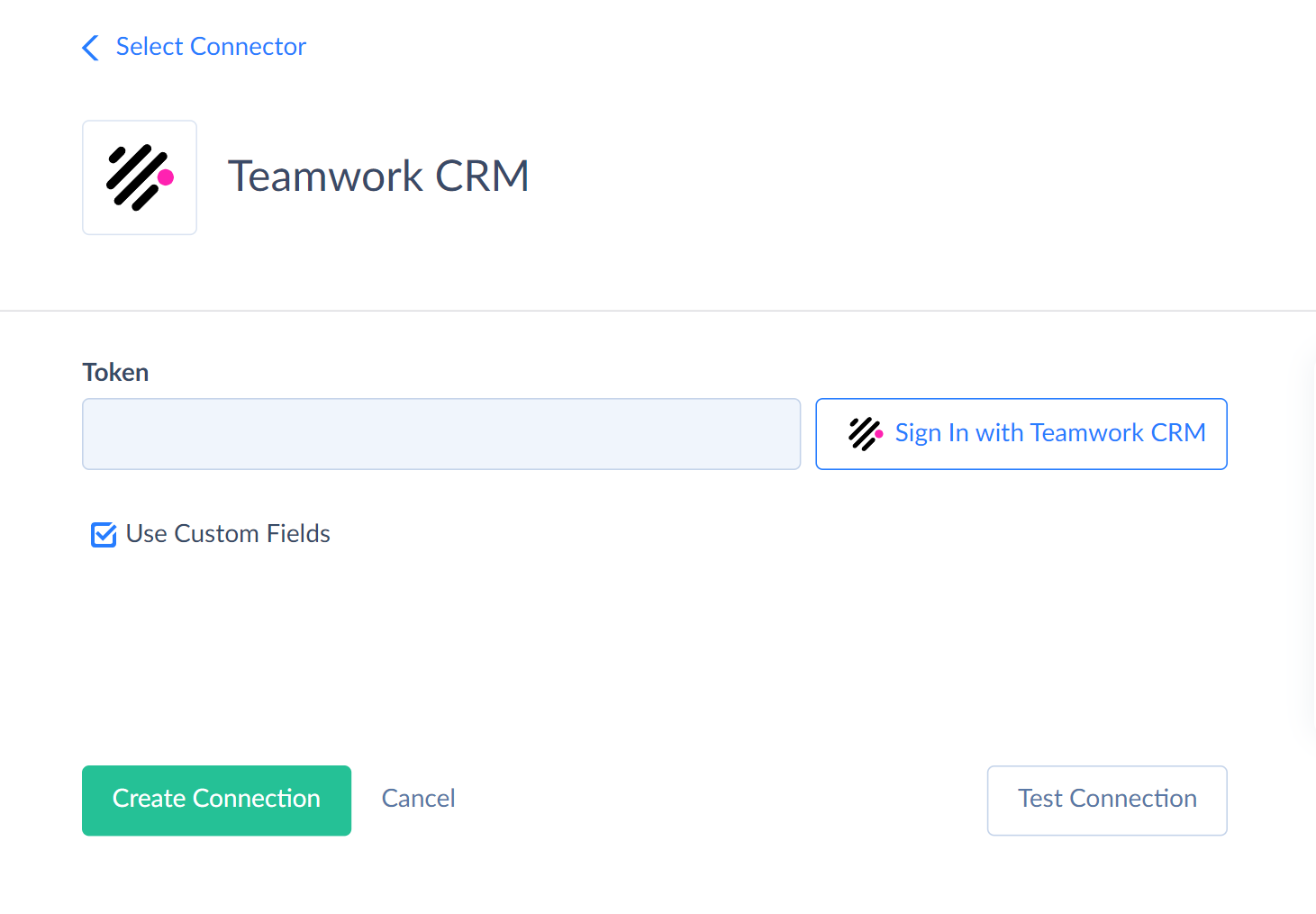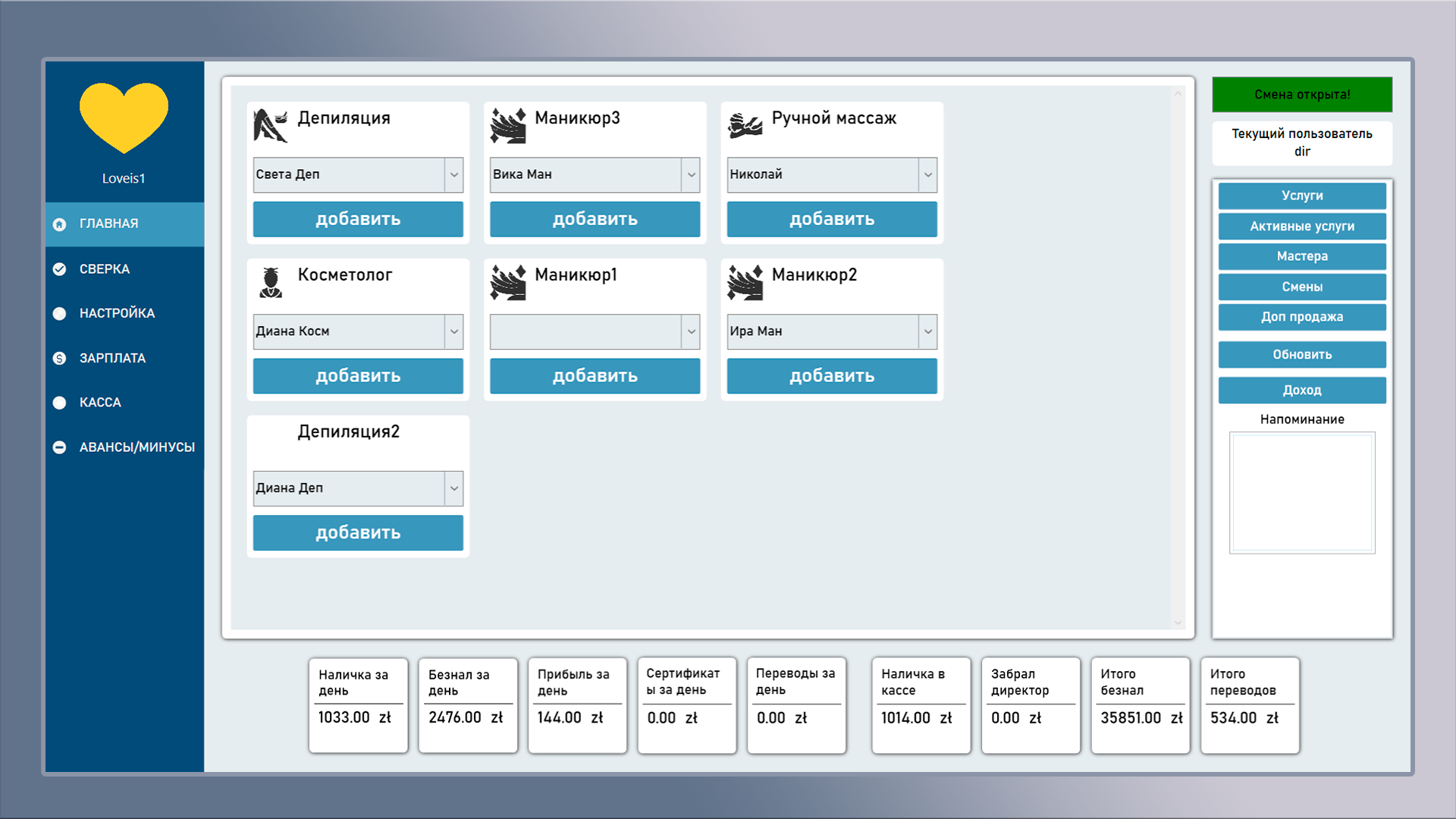Brewing Success: The Ultimate CRM Guide for Small Cafes
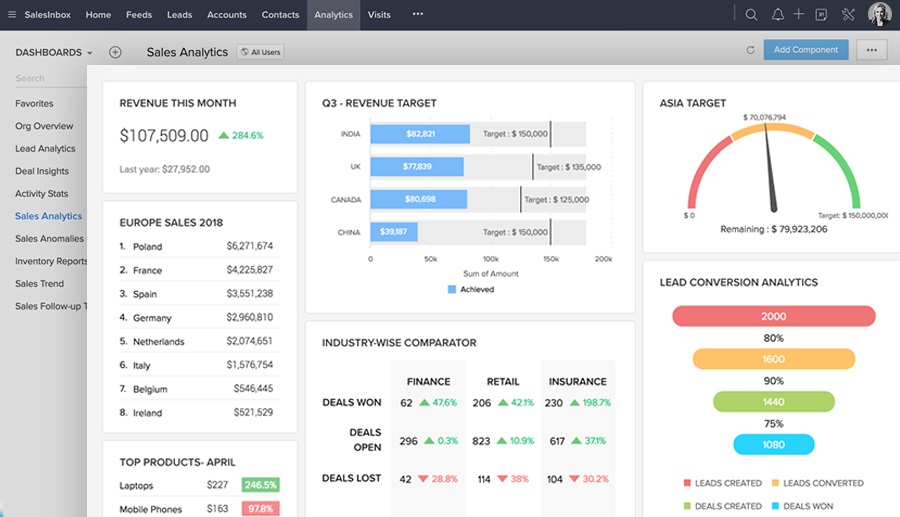
Introduction: Why Your Small Cafe Needs a CRM
Running a small cafe is a labor of love. You pour your heart (and a whole lot of coffee) into creating the perfect ambiance, crafting delicious drinks, and serving up smiles to your customers. But in the hustle and bustle of daily operations, it’s easy to lose track of the most important ingredient for long-term success: your customers. This is where a Customer Relationship Management (CRM) system steps in. While the term might sound intimidating, a CRM is simply a tool that helps you manage and nurture your relationships with your customers.
For small cafes, a CRM isn’t just a luxury; it’s a necessity. It’s the secret sauce that can transform a good cafe into a great one. It empowers you to understand your customers better, personalize their experiences, and ultimately, boost your bottom line. Think of it as your digital barista, helping you remember your regulars’ names, their favorite orders, and even their birthdays. This level of personalization fosters loyalty and keeps them coming back for more.
In this comprehensive guide, we’ll delve into the world of CRM systems specifically tailored for small cafes. We’ll explore the benefits, the key features to look for, and the best CRM options available, helping you choose the perfect brew to optimize your cafe’s customer relationships and drive growth.
The Benefits of a CRM for Your Small Cafe
Before we dive into specific CRM systems, let’s explore the compelling reasons why your small cafe needs one. The benefits extend far beyond simply collecting customer data; they encompass improved efficiency, enhanced customer experiences, and ultimately, increased profitability.
1. Enhanced Customer Relationship Management
At its core, a CRM helps you build stronger relationships. It allows you to:
- Know Your Customers: Store detailed customer information, including contact details, order history, preferences, and even birthdays.
- Personalize Interactions: Tailor your communication and offerings based on individual customer data.
- Remember Preferences: Effortlessly recall your customers’ favorite drinks, pastries, and dietary restrictions.
- Improve Customer Service: Provide faster, more efficient, and more personalized service.
2. Streamlined Operations and Increased Efficiency
A well-implemented CRM can significantly streamline your cafe’s operations. This translates to less time spent on administrative tasks and more time focused on what you do best: serving your customers.
- Automated Tasks: Automate repetitive tasks like sending birthday greetings or loyalty program updates.
- Centralized Data: Keep all customer information in one accessible location, eliminating the need for scattered spreadsheets and manual records.
- Improved Communication: Facilitate seamless communication between your staff and customers.
3. Boosted Customer Loyalty and Retention
Happy customers are repeat customers. A CRM helps you cultivate loyalty by:
- Loyalty Programs: Implement and manage effective loyalty programs to reward frequent customers.
- Personalized Offers: Target specific customer segments with tailored promotions and discounts.
- Proactive Engagement: Reach out to customers with special offers, event invitations, and other relevant information.
4. Data-Driven Decision Making
A CRM provides valuable insights into your customer base and business performance. This data empowers you to make informed decisions.
- Track Customer Behavior: Analyze purchase patterns, preferences, and engagement levels.
- Identify Trends: Recognize popular products, peak hours, and other important trends.
- Measure Marketing Effectiveness: Track the performance of your marketing campaigns and optimize your strategies.
5. Increased Revenue and Profitability
Ultimately, the benefits of a CRM translate to increased revenue and profitability. By improving customer relationships, streamlining operations, and making data-driven decisions, you can:
- Increase Customer Lifetime Value: Encourage repeat business and build long-term customer relationships.
- Reduce Customer Churn: Minimize the number of customers who stop patronizing your cafe.
- Optimize Marketing Spend: Target your marketing efforts more effectively and maximize your return on investment.
Key Features to Look For in a CRM for Small Cafes
Not all CRM systems are created equal. When choosing a CRM for your small cafe, it’s crucial to select one that offers the features you need to achieve your specific goals. Here are some key features to prioritize:
1. Contact Management
This is the foundation of any CRM. It allows you to store and manage all your customer information in one central location.
- Contact Details: Store names, phone numbers, email addresses, and other relevant contact information.
- Segmentation: Categorize customers based on demographics, purchase history, or other criteria.
- Notes and Activity Tracking: Keep track of interactions with each customer, including notes, emails, and phone calls.
2. Order and Purchase History
Understanding your customers’ purchasing habits is essential for personalization and targeted marketing.
- Order Tracking: Track all customer orders, including products purchased, dates, and amounts.
- Purchase History Analysis: Analyze purchase patterns to identify customer preferences and trends.
- Reporting and Analytics: Generate reports on sales, revenue, and other key metrics.
3. Loyalty Program Management
Loyalty programs are a great way to reward repeat customers and encourage them to keep coming back. Look for a CRM that offers robust loyalty program features.
- Points-Based Systems: Allow customers to earn points for every purchase.
- Tiered Rewards: Offer different levels of rewards based on customer spending.
- Automated Communication: Automatically send out rewards notifications and program updates.
4. Email Marketing
Email marketing is a powerful tool for communicating with your customers, promoting special offers, and building brand awareness.
- Email Templates: Create and customize professional-looking email templates.
- Segmentation: Segment your email list based on customer demographics, purchase history, or other criteria.
- Automation: Automate email campaigns, such as welcome emails, birthday greetings, and abandoned cart reminders.
5. Point of Sale (POS) Integration
Integrating your CRM with your POS system allows you to seamlessly track customer purchases and gain a comprehensive view of your customer data. This is often the most important integration for a cafe.
- Real-Time Data Sync: Automatically sync customer data between your CRM and POS system.
- Order History Tracking: Track customer orders directly from your POS system.
- Personalized Offers: Offer personalized promotions and discounts based on customer purchase history.
6. Reporting and Analytics
Data is your friend. Look for a CRM that offers robust reporting and analytics features to help you track your progress and make data-driven decisions.
- Customizable Reports: Generate reports on sales, customer behavior, and other key metrics.
- Data Visualization: Visualize your data with charts and graphs to easily identify trends and insights.
- Performance Tracking: Track the performance of your marketing campaigns and other initiatives.
7. Ease of Use and Accessibility
The best CRM is one that your staff will actually use. Choose a system that is user-friendly, intuitive, and easy to learn. Cloud-based systems are generally the easiest to access and use.
- Intuitive Interface: The system should be easy to navigate and understand.
- Mobile Accessibility: Access your CRM from your smartphone or tablet.
- Training and Support: Look for a CRM provider that offers training and support to help you get started.
Top CRM Systems for Small Cafes: A Comparative Overview
Now that we’ve covered the key features to look for, let’s explore some of the top CRM systems specifically designed for small cafes. We’ll highlight their strengths, weaknesses, and pricing to help you make an informed decision.
1. Square for Restaurants
Square is a well-known and popular POS system, and its restaurant-focused features make it a strong contender for small cafes. While not a dedicated CRM in the traditional sense, Square offers robust customer management capabilities, particularly when combined with its email marketing and loyalty features.
- Strengths:
- Integrated POS: Seamlessly integrates with Square’s POS system, providing a comprehensive solution for managing sales and customer data.
- Customer Profiles: Allows you to create customer profiles with contact information and purchase history.
- Loyalty Program: Offers a built-in loyalty program to reward repeat customers.
- Email Marketing: Includes email marketing features to send targeted campaigns and promotions.
- Ease of Use: Square is known for its user-friendly interface and ease of setup.
- Weaknesses:
- Limited CRM Features: Not as feature-rich as dedicated CRM systems, especially for advanced segmentation and personalization.
- Dependence on Square Ecosystem: Best suited if you’re already using Square’s POS system.
- Pricing: Square offers various pricing plans, including a free plan with limited features and paid plans with more advanced capabilities.
2. Hubspot CRM
HubSpot is a powerful and versatile CRM that offers a free plan suitable for small businesses. While it might have a steeper learning curve than some other options, its comprehensive features and scalability make it a great choice for cafes looking to grow their customer relationships.
- Strengths:
- Free Plan: Offers a robust free plan with essential CRM features, making it accessible to businesses on a budget.
- Contact Management: Provides detailed contact management capabilities, including contact profiles, activity tracking, and segmentation.
- Email Marketing: Includes email marketing features to send targeted campaigns and track performance.
- Sales Automation: Automate sales tasks and workflows to improve efficiency.
- Integrations: Integrates with a wide range of third-party apps, including POS systems.
- Weaknesses:
- Learning Curve: Can be overwhelming for beginners due to its extensive features.
- Paid Plans: Paid plans can become expensive as your business grows and you require more advanced features.
- Pricing: Offers a free plan and various paid plans with different features and pricing tiers.
3. Zoho CRM
Zoho CRM is another popular choice, known for its affordability and extensive features. It’s a great option for small cafes seeking a comprehensive CRM solution without breaking the bank.
- Strengths:
- Affordable Pricing: Offers competitive pricing plans, making it accessible to small businesses.
- Contact Management: Provides robust contact management capabilities, including segmentation, activity tracking, and lead scoring.
- Sales Automation: Automate sales tasks and workflows to improve efficiency.
- Email Marketing: Includes email marketing features to send targeted campaigns and track performance.
- Customization: Highly customizable to fit your specific needs.
- Weaknesses:
- User Interface: The user interface can feel a bit clunky compared to some other options.
- Customer Support: Customer support can be slow at times.
- Pricing: Offers various pricing plans with different features and pricing tiers.
4. Pipedrive
Pipedrive is a sales-focused CRM that’s easy to use and perfect for managing customer interactions. It’s a good choice for cafes that focus on sales and customer service.
- Strengths:
- User-Friendly Interface: Known for its intuitive interface and ease of use.
- Sales Pipeline Management: Provides tools for managing sales pipelines and tracking deals.
- Activity Tracking: Track customer interactions and activities to stay organized.
- Integrations: Integrates with various third-party apps, including email marketing and POS systems.
- Weaknesses:
- Limited Customization: Less customizable than some other options.
- Focus on Sales: May not be the best fit if your primary focus is on customer service rather than sales.
- Pricing: Offers various pricing plans with different features and pricing tiers.
5. Appy Pie
Appy Pie is a CRM that is especially good for mobile use. It is great for interacting with customers on the go. It works well for smaller businesses that need a strong mobile presence.
- Strengths:
- Mobile-First Design: Appy Pie focuses on being user-friendly on mobile devices.
- Contact Management: Provides basic contact management capabilities.
- Easy to use: Offers a simple interface.
- Weaknesses:
- Limited Features: Appy Pie lacks some of the advanced features found in other CRMs.
- Integrations: Integration options may be limited.
- Pricing: Appy Pie has a range of pricing plans and a free trial.
Implementing Your CRM: A Step-by-Step Guide
Choosing the right CRM is only the first step. Successfully implementing your CRM is crucial to realizing its full potential. Here’s a step-by-step guide to help you get started:
1. Define Your Goals and Objectives
Before you start implementing your CRM, take some time to define your goals and objectives. What do you hope to achieve with your CRM? Do you want to increase customer loyalty, streamline operations, or boost sales? Having clear goals will help you choose the right CRM and measure your success.
2. Choose the Right CRM System
Based on your goals and objectives, research and compare different CRM systems. Consider the features, pricing, and ease of use of each system. Read reviews and testimonials from other small cafe owners to get a better understanding of their experiences.
3. Import Your Customer Data
Once you’ve chosen your CRM, it’s time to import your customer data. This may involve importing data from spreadsheets, existing databases, or other systems. Ensure that your data is accurate and up-to-date.
4. Customize Your CRM
Customize your CRM to fit your specific needs. This may involve setting up custom fields, creating workflows, and configuring email templates. Take advantage of the features that are most important to your business.
5. Train Your Staff
Train your staff on how to use the CRM system. Provide them with clear instructions and ongoing support. Ensure that everyone understands the importance of using the CRM consistently.
6. Integrate with Your POS System (If Applicable)
If you’re using a POS system, integrate it with your CRM to seamlessly track customer purchases and gain a comprehensive view of your customer data. This will allow you to personalize your marketing efforts and provide better customer service.
7. Start Using Your CRM
Start using your CRM to manage your customer relationships. Track customer interactions, personalize your communications, and implement loyalty programs. The more you use your CRM, the more valuable it will become.
8. Analyze Your Data and Measure Your Success
Regularly analyze your CRM data to track your progress and measure your success. Identify areas for improvement and make adjustments to your strategies as needed. Use the data to make informed decisions about your business.
Tips for Maximizing Your CRM’s Effectiveness
To get the most out of your CRM, consider these helpful tips:
- Keep Your Data Up-to-Date: Regularly update your customer data to ensure accuracy.
- Use Segmentation: Segment your customer base to target your marketing efforts more effectively.
- Personalize Your Communications: Tailor your communications to individual customer preferences.
- Automate Tasks: Automate repetitive tasks to save time and improve efficiency.
- Track Your Results: Monitor the performance of your campaigns and initiatives.
- Get Feedback: Ask your customers for feedback to improve your services.
- Provide Excellent Customer Service: Always prioritize customer satisfaction.
- Integrate with other tools: Maximize efficiency by integrating your CRM with tools like email marketing platforms and social media.
Conclusion: Brewing a Loyal Customer Base with CRM
In the competitive world of small cafes, building strong customer relationships is paramount. A CRM system empowers you to do just that. By understanding your customers, personalizing their experiences, and streamlining your operations, you can cultivate loyalty, increase revenue, and achieve long-term success.
Choosing the right CRM for your small cafe is an investment in your future. Take the time to research your options, define your goals, and implement the system effectively. With the right CRM in place, you’ll be well on your way to brewing a loyal customer base and serving up success, one cup at a time. Remember, it’s not just about the coffee; it’s about the connection.

